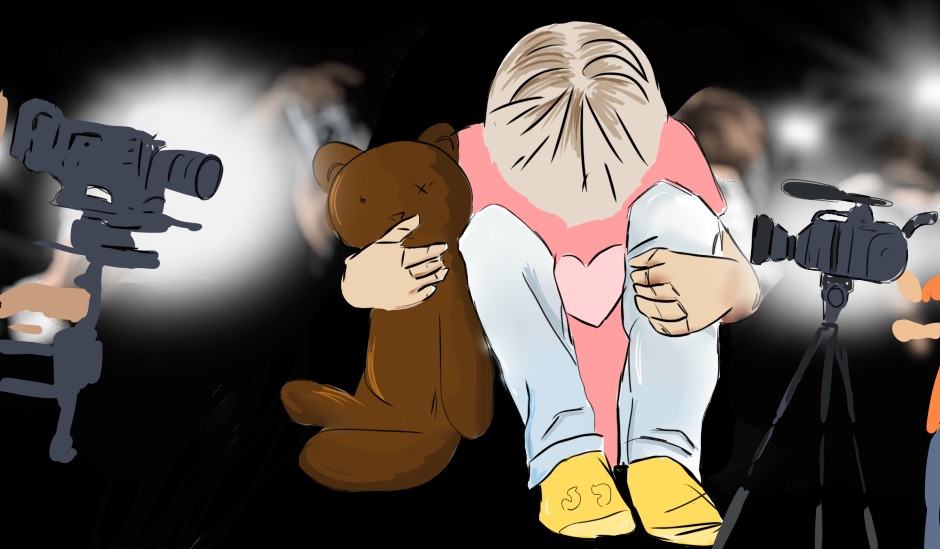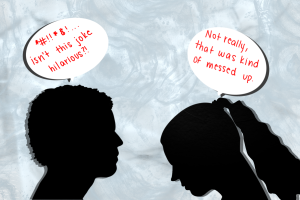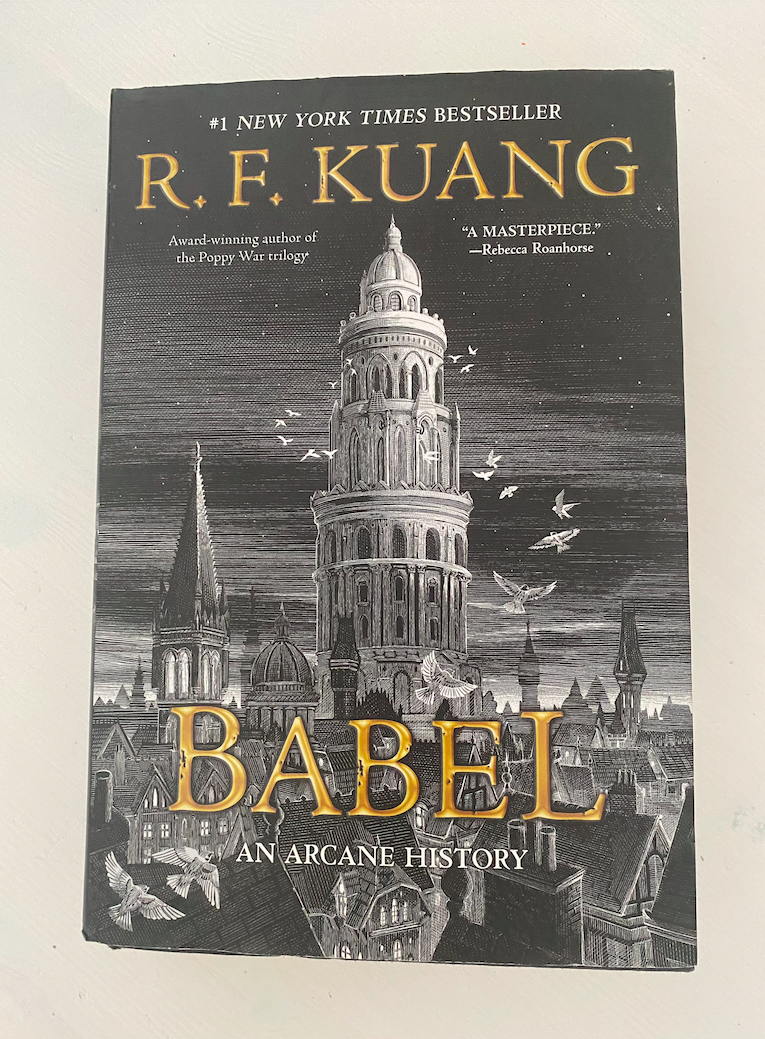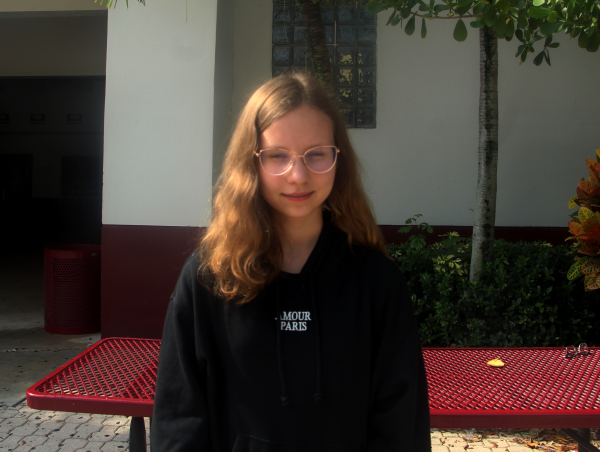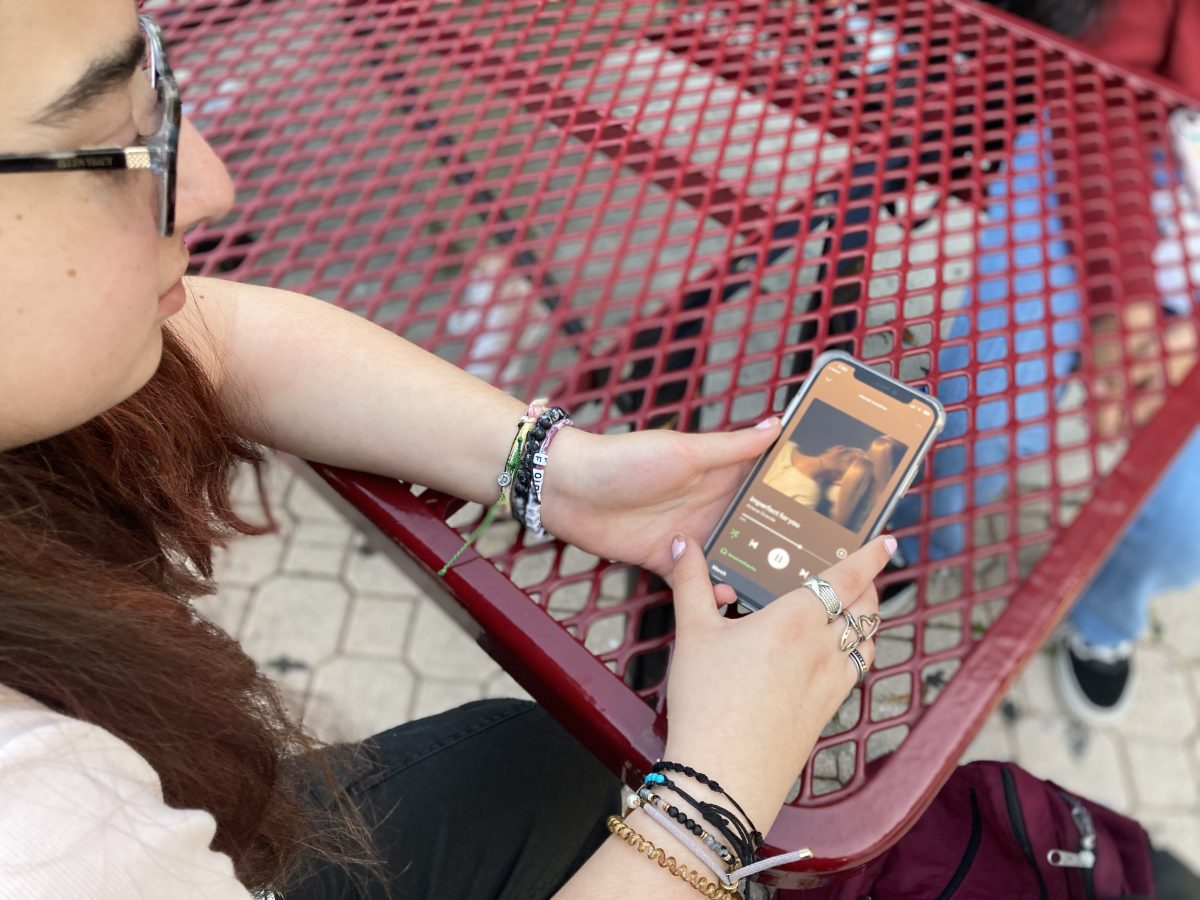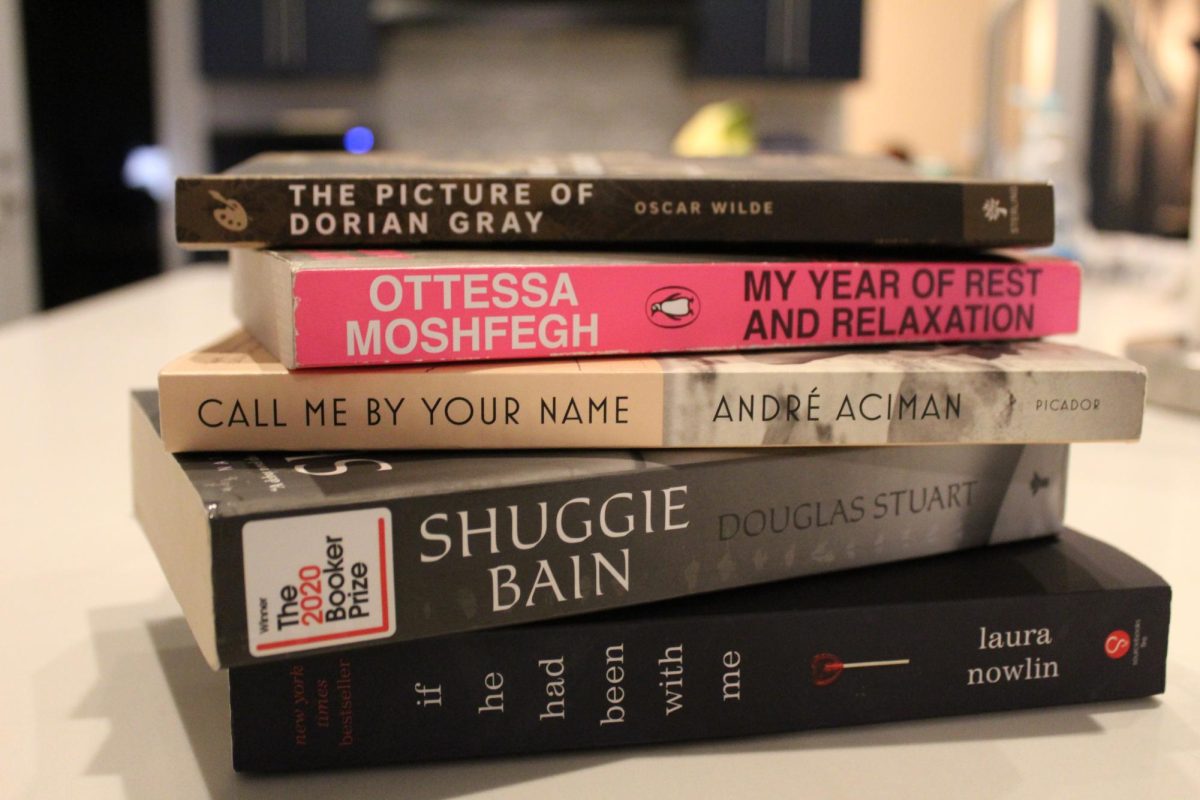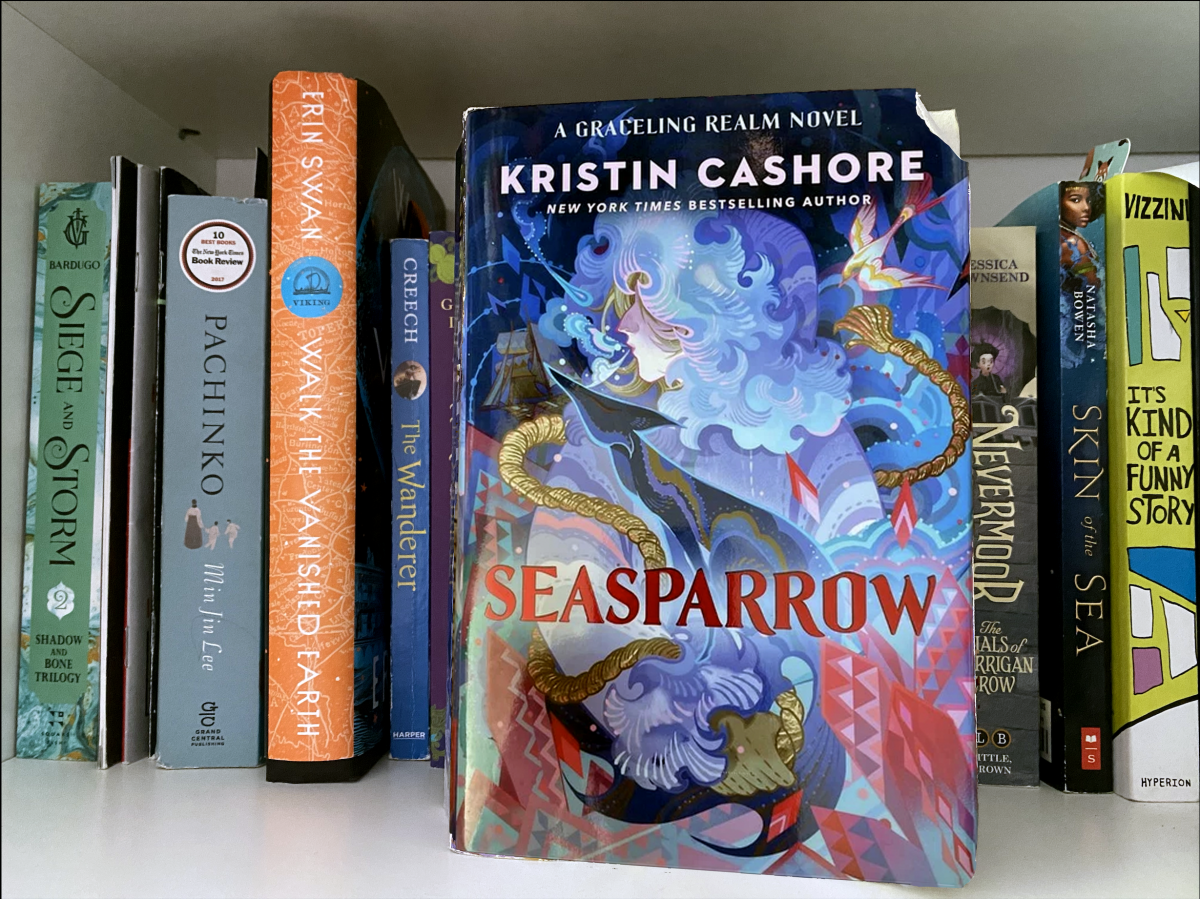“Babel: Or the Necessity of Violence: An Arcane History of the Oxford Translators’ Revolution” by R. F. Kuang is a historical fantasy novel released in 2022. While this story is based on historical events, it is a fantasy alternate reality of 1800s England. Set in Oxford University and its rebellious and adventurous spirit, it is easy to see how it became a beloved book.
The novel starts with the main character, Robin Swift, in his birthplace of Canton, China. Professor Lovell, who is later revealed to be Robin’s father, saves him from the cholera plague that killed his mother. He immediately took the boy to Britain, where he chose his English name, Robin Swift. Under tutors, he is then educated about languages for seven years.
This was all done in preparation for being accepted into the Royal Institute of Translation. It is a large tower at Oxford University, commonly known to the students as Babel. Most of the places in “Babel” are real places from 1830s England; however, the author has added her own magic system based on translation and her own locations, like Babel itself.
Much like in history, Britain was a colonialist global superpower at the time. This was because of their use of silver. London, in particular, was run on these magic silver bars. The author developed a fascinating and complex magic system that is unlike most fantasy novels.
The metal bars work through match-pairs, which involve synonymous words in different languages, and their power comes from capturing what is lost in translation. At Babel, the students work to find match-pairs. Languages become a resource like gold or silver. For example, there was a match-pair used in the story to make people invisible by pairing the English word “invisibility” with the Chinese word “wúxíng,” which means intangible and formless.
Swift meets Ramy, his new roommate and they immediately bond over their hate for English food and the fact that both of them are from places other than Britain. They meet Victoire and Letty, surprised at them being at Oxford because they are both girls. The four bond over being different from most people at Oxford and quickly become inseparable.
Kuang writes beautifully about friendships, the feeling of belonging and the idea of a family. Something to appreciate about “Babel” is that Swift becomes rebellious entirely because of himself. There is not anyone heavily convincing him to break the rules. It is the development of his own character as he realizes the sort of life he wants to live.
In her writing, the reader can see Kuang’s effort in the study and knowledge of the topics she writes about. Things like Oxford, translation and British history are all researched for the story. Her knowledge about subjects is supported by PhDs and Masters; this makes “Babel” a very interesting read. Her delicate weaving of her own story into the history of our world is nothing short of fantastic.
Another thing that is unique to this story are the footnotes. I liked them when they explained things more in depth if you wanted to know more. It was like the author writing in the margins of the story. Most were either explaining an event in the past or a literary reference, which was something that I appreciated.
For a book that is 542 pages, it is very slow-paced and a long read. Kuang managed to do this without making the story feel drawn-out. The profound sadness of betrayal, loss of self and loyalty this story holds makes it a beautiful work of art. It is the sort of book that, even without heartbreak, holds a beautiful sadness up until the last line of the book. Every sentence of this book is a work of art.


